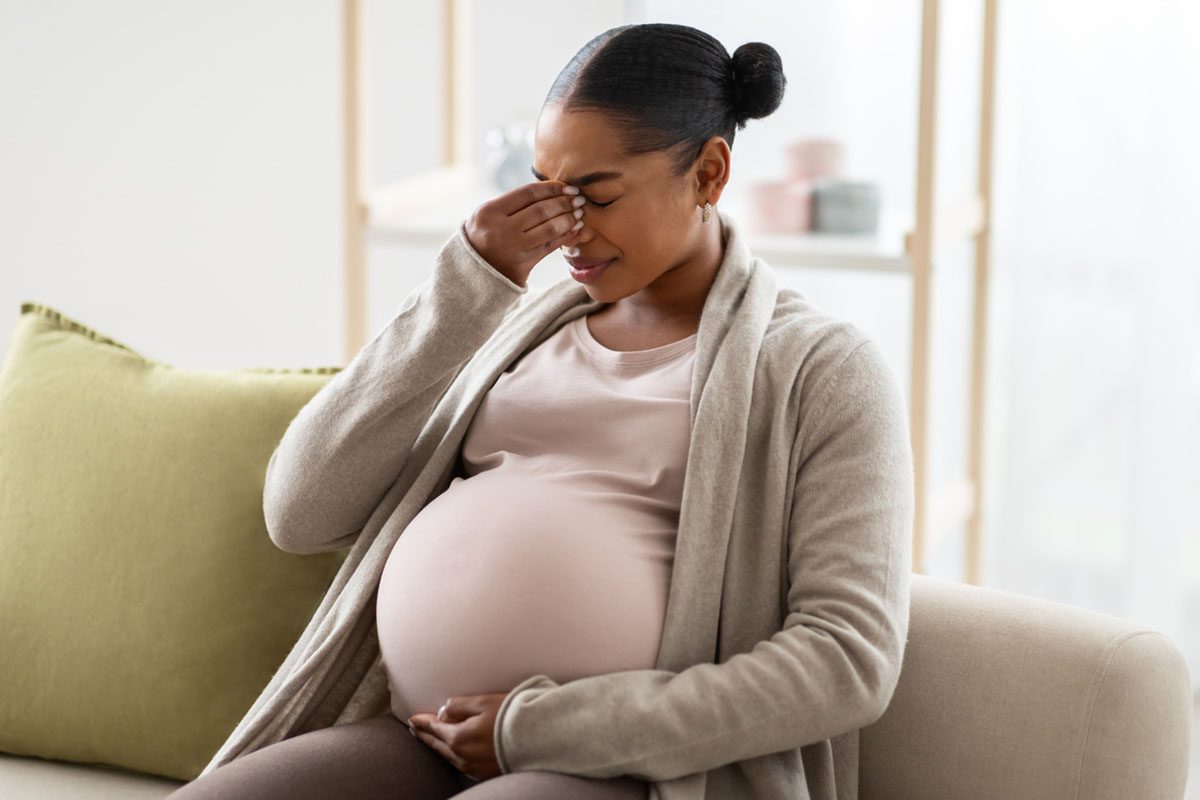Background: The goal of this study was to investigate the co-occurrence of depressive disorders in obsessive-compulsive disorder (OCD) and the effect of these disorders on combined pharmacologic and behavioral treatment for OCD.
Method: A retrospective chart analysis was performed on baseline ratings of 120 OCD patients and posttreatment ratings of 72 of these patients. For depressive symptoms, the Montgomery-Asberg Depression Rating Scale and the Self-Rating Depression Scale were applied; for obsessive-compulsive symptoms, the Yale-Brown Obsessive Compulsive Scale and the Maudsley Obsessive Compulsive Inventory were used; and for general anxiety symptoms, the Self-Rating Anxiety Scale, the Clinical Anxiety Scale, and the State-Trait Anxiety Inventory were given.
Results: One third of the OCD patients in our sample were found to be depressed. Symptom severity on OCD symptoms at baseline did not differ between depressed and nondepressed OCD patients; on general anxiety symptoms, the comorbid group was more severely affected. Both depressed and nondepressed OCD patients responded well to treatment, as reflected in assessments for depressive, obsessive-compulsive, and general anxiety symptoms. However, comorbid depression had a negative effect on treatment: depressed OCD patients showed less improvement than nondepressed OCD patients on most scales.
Conclusion: Depression frequently accompanies OCD and appears to affect treatment outcome negatively. While both groups of patients improved with combination treatment, the OCD- alone group had more improvement than the group that had comorbid depression.
Please sign in or purchase this PDF for $40.00.
Save
Cite



